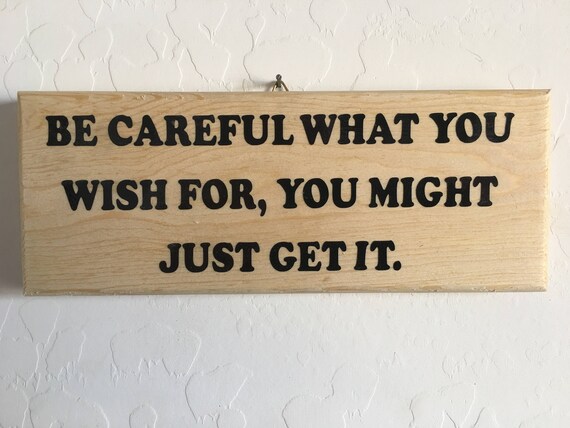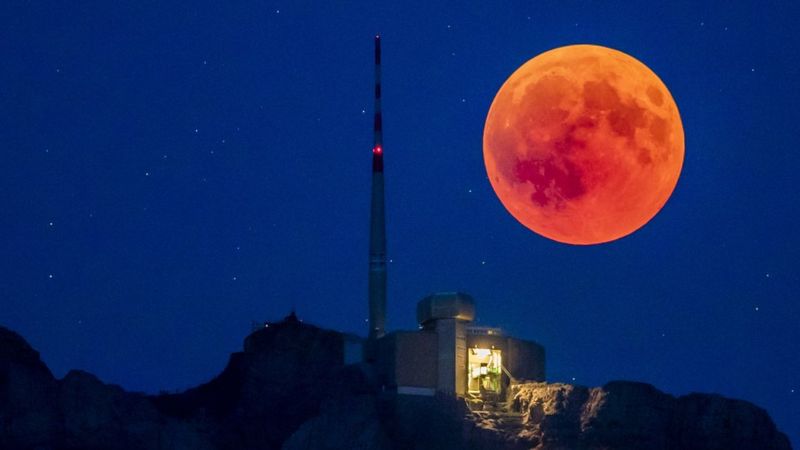The first entry in this multi-part series is all about the vacation planning. The WikiTravel guide to New Orleans has good advice for the first time traveler:
We happened to have timed this trip to coincide with the Louisiana Craft Beer Week, with events happening throughout the week at local establishments:
The following, incredibly thorough and helpful list, was provided by a friend of my wife's:
Where to EAT!
- Brunch-- The Ruby Slipper (Marigny)
- Brunch-- Cake Cafe & Bakery (Marigny)
- Brunch-- Booty's Street Food (Bywater)
- Brunch-- The Country Club (Bywater-- also a gay bar. Make reservations for brunch.)
- Brunch-- Suis Generis (Bywater)
- Felix's Restaurant (French Quarter. OYSTERS! Raw and char-grilled. Gets a little crowded but so good! Go a little before lunchtime or late afternoon before the dinner rush. They also have good po-boys & gumbo)
- K-Pauls Louisina Kitchen (French Quarter. Also gets crowded for lunch. Reservations recommended for dinner)
- Sylvain (French Quarter. NEED reservations! We tried this place the last time we visited and it was so good! Also Julia Stiles sat next to us, haha.)
- Yo Mama's Bar & Grill (French Quarter. Peanut butter burger. Just do it.)
- Cafe Amelie (French Quarter)
- Sukhothai (Marigny. My most favoritest Thai place ever.)
- Draggo's Seafood (Central Business District. A little bit of a tourist trap but i think it's yummy.)
- Mother's Restaurant (Central Business District. Fried Chicken. 'nuff said.)
- The Joint (Bywater. BBQ Yumminess.)
- Bacchanal (Bywater. Get a cab. Walking is too far. But it's a GREAT wine bar with great food. And you get to sit outside and they have live music. It's nothing fancy but great!)
- Erin Rose -- Frozen Irish Coffee
- Pat O'Brien's -- Hurricanes. Also a nice place to hang out and chill. Large outdoor seating and the bar inside is cute. Also the piano bar.
- Tropic Isle-- Hand grenades.... caution: Those are really sweet and give you WICKED hangovers.
- The Roosevelt Hotel -- Sazaracs (a drink that orginated in NOLA. Calls for absinthe so don't drink if you don't like licorice) at the hotel bar
- Lafiite's Blacksmith Shop -- One of the oldest bars in the country.
- Molly's on Toulouse -- This is a nothing-bar. We liked going there because it has good Dark and Stormies and it's never crowded.
- Other bars that aren't in the Quarter: Anything on Frenchman Street, Mimi's in the Marigny (also has good small plates),
Basically any place on Frenchman Street. They ALWAYS have live music. What I did the last time was walk down the street and you can hear the music from the street. Then pick a place. Most places don't have a cover. I would skip the ones with covers.
There's also a bunch of bands playing on the streets... You'll stumble on to some when you walk around. Make sure to tip a dollar if you take any pics of them on the street. It's the etiquette :)
- d.b.a
- Three Muses
- The Spotted Cat Music Club
- Blue Nile
- Cafe du Monde-- Tourist trap but you gotta go at least once. Gets REALLY crowded. Go either during the mornings or late night
- VooDoo Spiritual Temple (off N. Rampart Street-- Ask to see the temple in the back of the store, it's fascinating)
- French Market-- Local vendors selling a bunch of stuff. Mostly touristy things but sometimes you find something cool and unique. There's also food vendors there.
- Frenchman Art Market-- This place is fairly new but so awesome! Off of Frenchman Street, in between Royal & Charters Street. A ton of local artists selling their stuff.
- Walk the length of Royal Street. Tons of antique stores and art galleries. My favorite street.
- If you're interested in cemetery tours, I did a tour at of the St. Louis Cemetery No. 1. Search online for some companies to book.
- Reverend Zombie's House of VooDoo-- Tourist trap but I think it's fun. Buy yourself a voodoo doll and look around.
- Preservation Hall-- I don't know much about it but it's a famous music venue
- Walk along the river. It's nice.
- Have cash. Most places don't split or they have a credit card minimum.
- Comfy shoes, duh.
- You'll be walking everywhere so be weather-prepared.
- Uber is an option instead of cabs if you plan on going somewhere farther

